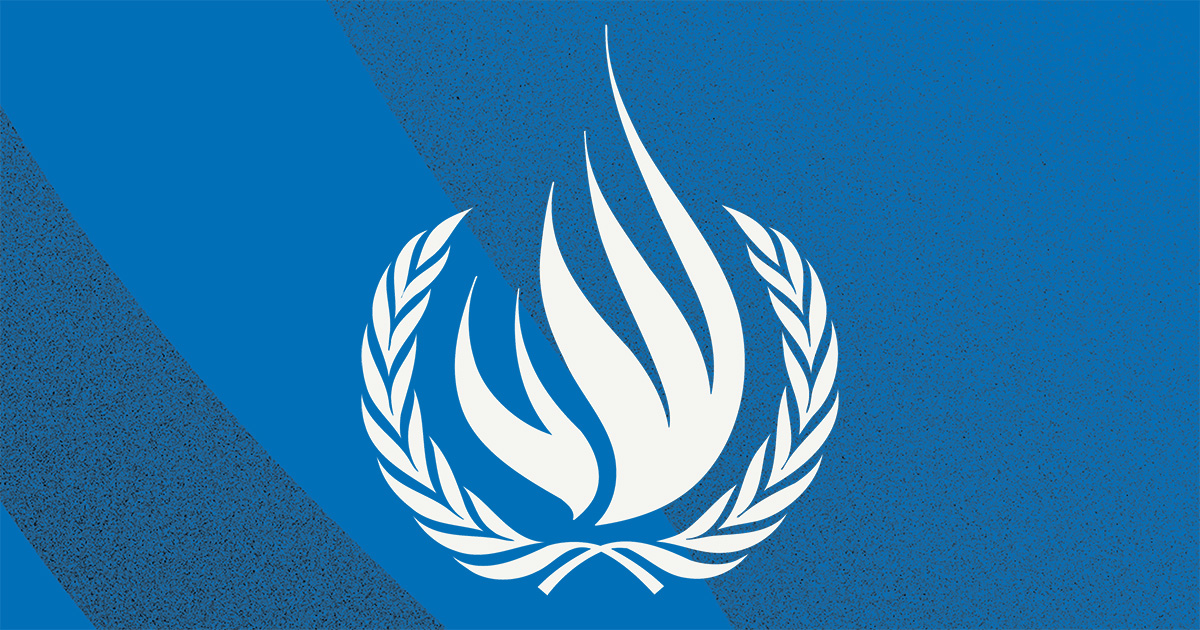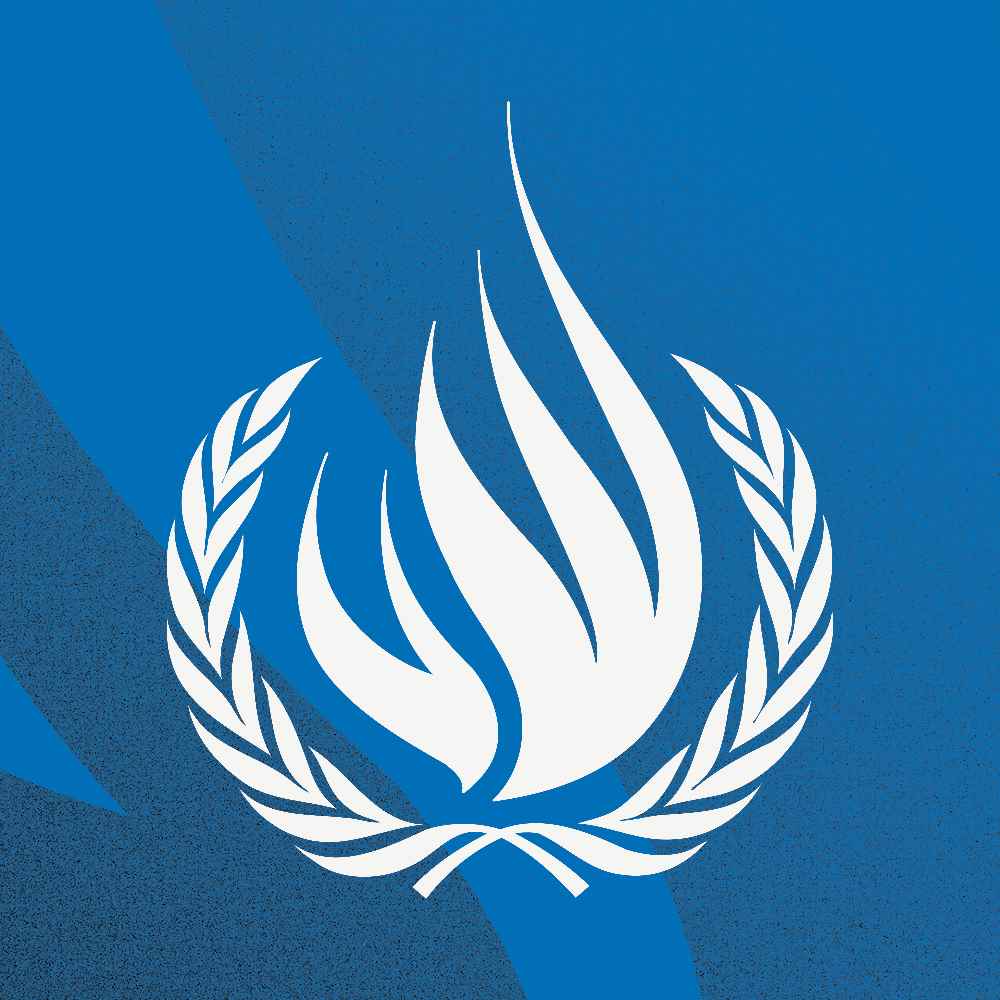
GENEVA (18 September 2024) – Millions of children all over the world are struggling to realise their right to development, and the current obsession with accumulative economic growth will leave little on this planet to fulfil the human rights of future generations, a UN expert warned today.
“Many current challenges to the realisation of human rights such as environmental pollution, climate change, conflicts, food insecurity, disruptive new technologies and the debt crisis will have a disproportionate impact on children and future generations, even though they are not responsible for creating these challenges,” said Surya Deva, the Special Rapporteur on the right to development.
In his report to the 57th session of the Human Rights Council, Deva said that States, United Nations entities, international financial institutions, multilateral development banks, national human rights institutions, businesses and other actors should prioritise five action pillars to overcome ongoing challenges in realising children’s right to development: investing in child development, nurturing responsible leadership, enabling participation, ensuring safety and facilitating remediation.
“A right to development lens should inform and complement children’s rights and child development under the Convention on the Rights of the Child and other standards. All decision makers should recognise that children have agency not merely over their own development but also over the development of other human beings,” Deva said.
He recommended that ensuring safe space for children should be everyone’s business and that more should be done to nurture responsible leadership skills among children and offer them education to inculcate respect for human rights, equality, diversity, democracy, peace and sustainability.
Since the future of future generations is partly in the hands of present generations, they should not do anything to undermine the future generations’ ability to realise their human rights,” the expert said.
Deva expressed disappointment that the proposed Declaration on Future Generations, set to be adopted by States at the Summit of the Future next week, does not use the language of rights for future generations.
“In line with the multi-species justice approach, the world community should interpret the concept of future generations broadly to encompass all organisms – not merely human beings – that will exist on the Earth in the future.”
The Secretary-General must appoint a special envoy on future generations to mainstream the human rights of future generations into the work of all UN entities, States and other organisations, Deva said.
“Taking the human rights of future generations seriously would require four policy shifts: adopting the language of rights; embedding the principle of intergenerational equity in impact assessment processes; facilitating the participation of future generations’ representatives in decision-making; and reorienting financial planning and budgeting to build economic capability for future generations,” he said.
The expert: Mr. Surya Deva took up the role of the UN Special Rapporteur on the right to development on 1 May 2023. Deva is a Professor at the Macquarie Law School and Director of the Centre for Environmental Law at Macquarie University, Australia. He conducts research in the areas of business and human rights, comparative constitutional law, international human rights law, sustainable development, climate change, and gender equality. Deva served as a member of the UN Working Group on Business and Human Rights (2016-22). He has advised UN agencies, governments, national human rights institutions, multinational corporations, trade unions and civil society organisations.
The Special Rapporteurs are part of what is known as the Special Procedures of the Human Rights Council. Special Procedures, the largest body of independent experts in the UN Human Rights system, is the general name of the Council"s independent fact-finding and monitoring mechanisms that address either specific country situations or thematic issues in all parts of the world. Special Procedures" experts work on a voluntary basis; they are not UN staff and do not receive a salary for their work. They are independent from any government or organization and serve in their individual capacity.
For more information and media requests please contact: Antoanela Pavlova (antoanela.pavlova@un.org)
For media inquiries related to other UN independent experts, please contact Dharisha Indraguptha (dharisha.indraguptha@un.org) or John Newland (john.newland@un.org)
Follow news related to the Special Rapporteur: @UNSRdevelopment.
Follow news related to the UN’s independent human rights experts on Twitter @UN_SPExperts








